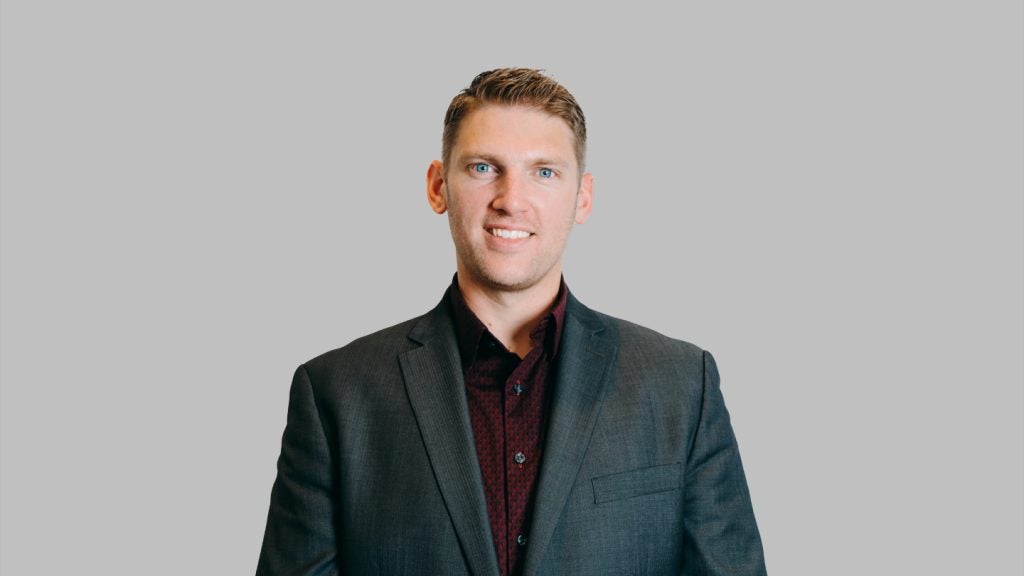
While top professional sportsmen earn astronomical sums of money, they also probably form the class of millionaires that need the most advice.
Their careers are short and subject to form and fitness, and their financial success fraught with potential danger, making them extremely complex clients for private banks.
FourFourTwo magazine found last year that around 40% of footballers face financial hardship during their careers or after they’ve retired. In America, Sports Illustrated has reported that 78% of NFL retirees experience financial difficulty just two years after hanging up their cleats. Sixty per cent of NBA players meanwhile go bankrupt within five years of retiring.
This makes sportsmen unique clients for the private banking and wealth management sectors even among fellow millionaires in the entertainment industry.
On the face of it, it would seem unlikely that many lessons could be gleamed from HNWIs who earn could earn as much as 90% of their lifetime earnings in a 10-year span before they’re 35.
There are however some examples of astute money advice to be found from millionaires in the world of entertainment and the media.
How well do you really know your competitors?
Access the most comprehensive Company Profiles on the market, powered by GlobalData. Save hours of research. Gain competitive edge.

Thank you!
Your download email will arrive shortly
Not ready to buy yet? Download a free sample
We are confident about the unique quality of our Company Profiles. However, we want you to make the most beneficial decision for your business, so we offer a free sample that you can download by submitting the below form
By GlobalDataMoney advice from frugal millionaires
Rob Gronkowski is a three-time Super Bowl-winning tight end for the New England Patriots who this week announced his retirement.
Gronkowski would appear to be a fine example of a cash-strapped former sports star waiting to happen. He retires at the age of just 29, in part due to the number of injuries that his 6’6, 19-stone frame has sustained during his nine-year career.
Added to this, “Gronk” is known for his goofy antics and larger than life personality, and stories of his escapades in his college days and throughout his career are legendary.
However, despite appearances, Gronk is a shrewd financial operator, who goes to great lengths to live a sensible lifestyle.
Despite earning approximately $54m in his career, he has not spent a penny of it.
Gronkowski has been happy to share his money advice with his fellow sports stars and could be heeded by millionaires in other fields.
In his 2015 autobiography, It’s Good to be Gronk, he wrote: “I still haven’t touched one dime of my signing bonus or NFL contract money. I live off my marketing money and haven’t blown any big bucks on expensive cars, expensive jewellery, or tattoos.
“Heck, I still wear my favourite pair of jeans from high school. I spend money on travelling with my family and friends, and on partying, and even then I make sure the tab never gets out of hand.”
Gronk is not alone amongst the wealthy in this regard. Titbits are also well-known about the frugal habits of the likes of Mark Zuckerberg, who drives a $30,000 Acura, and Bill Gates, who wears a $50 watch.
Comedian and talk show host Jay Leno, claims to have never touched his $30m-per-year salary from hosting The Tonight Show, opting instead to live entirely off his stand-up earnings.
While not everybody has the freedom to still live a comfortable lifestyle without touching their primary paycheck, the examples of Leno and Gronkowski certainly highlight the importance of frugality, a save-first mentality and securing additional streams of income.







